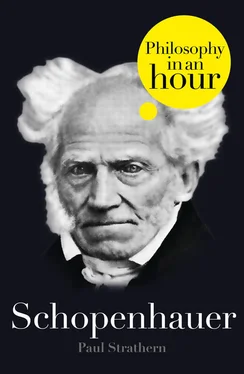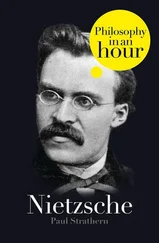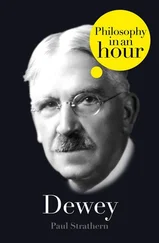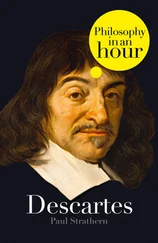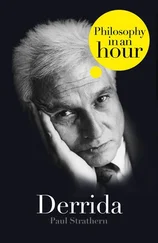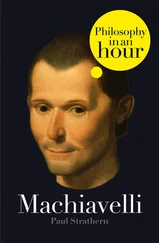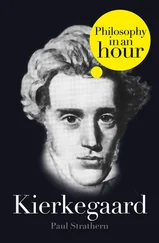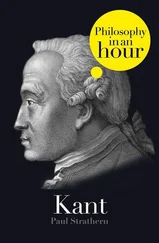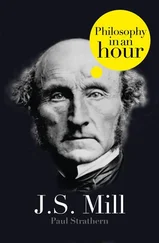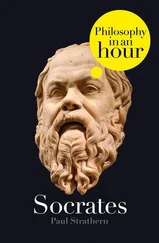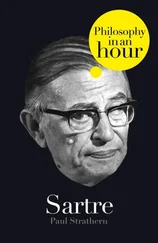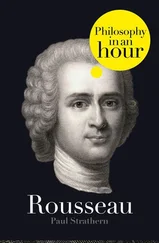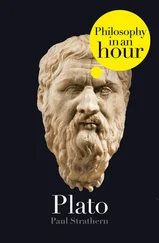Everyone heaved a sigh of relief when young Arthur left in 1809 to study at the University of Göttingen. He enrolled as a medical student but soon began attending lectures in philosophy. It was here that Schopenhauer discovered Plato and then began reading Kant, who was to have such an overwhelming influence on his philosophy. Schopenhauer recognised the superlative skill of Kant’s philosophy and found himself bitterly disappointed when he tried studying the more modern work of Hegel. He soon began spreading his intellectual wings in his private notebooks, which reveal his remarkable philosophic acumen rapidly increasing in inverse proportion to his modesty. Schopenhauer came to the opinion that he was a giant among midgets on the philosophical scene in Göttingen; in 1811 he switched to Berlin to study under Fichte, the leading German philosopher of the period. (Hegel had published The Phenomenology of Mind four years earlier, but no one had yet pretended that they understood it.) But Schopenhauer quickly became disillusioned with Fichte’s obscurantism. What Schopenhauer was looking for was something as clear as science, and equally as convincing.
Despite all this, Schopenhauer was almost persuaded by Fichte’s enthusiasm for the War of Liberation to join the German fight against Napoleon. But in the end he thought better of it, and in 1812 he went off to write his doctoral dissertation. This was entitled On the Fourfold Root of the Principle of Sufficient Reason and is as interesting as it sounds, being largely a Kantian exploration of the four types of cause and effect (logical, physical, mathematical, and moral).
Schopenhauer now returned to Weimar, where Johanna Schopenhauer had taken up with a court official named Müller (who preferred to be known by the more aristocratic name of von Gerstenbergk). This unfortunate bergk was twelve years Johanna’s junior and liked to write poetry. Schopenhauer arrived on the scene and played his Hamlet role to the full. Müller wasn’t quite up to playing Claudius and would rise from the dinner table in a fit of pique at Arthur’s oblique cutting remarks – leaving the tyro Hamlet to have it out with Gertrude-Johanna. One of Johanna’s letters to her son catches the tone. ‘Not Müller, but you yourself have torn yourself away from me; your mistrust, your criticism of my life, of my choice of friends, your desultory behaviour towards me, your contempt for my sex, your greed, your moods ….’ Johanna was already becoming the figure who would produce the popular romantic novels that made her famous, and her son couldn’t bear it. He knew that he had an intellect far superior to hers (which wasn’t quite as negligible as many commentators would have us believe). Yet he was not capable of simply dismissing her literary pretensions from his mind as beneath his consideration. This conflict evidently had to run its course in order for unfinished psychological business to be played out.
But Weimar was more than just a soap opera of endless domestic tantrums for Schopenhauer. He also came to know Goethe. The budding philosopher and the mature genius would talk for hours. Schopenhauer later claimed that he ‘profited immensely’ from these conversations, and also that he helped Goethe with his ‘Theory of Colours’. This comes as a surprise, for Schopenhauer had studied medicine and possessed a good scientific brain. Goethe’s theory of colours was little more than a hobby of genius – the foible of an amateur scientist, with which he would pester his admiring visitors. A century before, Newton had already explained how white light is composed of all the colours of the spectrum. Goethe obstinately refused to believe what was obvious to anyone who had seen white light pass through a prism, whose refractive power broke it down into the colours of the rainbow. In Goethe’s view, white light was a colour in its own right. His theory claimed that all colours were in fact a mixture of light and darkness, permeated by a cloudy element that gave the ensuing grey dusk its coloured radiance.
This nonsense was taken seriously only because of Goethe’s genius in other fields, and then only by the literati and other scientific numskulls. Schopenhauer had considerable literary skill but certainly didn’t fall into the latter category. One wonders why he was taken in. For once his arrogance seems to have failed him. This was perhaps the last time Schopenhauer allowed his ideas to be influenced by a living being whose genius he was willing to recognise. From now on he would have sufficient self-certainty to follow his own intuition at all times – often in the teeth of prevailing contemporary opinion. Fortunately Schopenhauer had an exceptional intellectual instinct, which enabled him to produce a philosophy that was not only original but also uncannily prescient of intellectual developments to come – rather than the philosophical equivalent of Goethe’s theory of colours, which is the usual product of a thinker who dismisses the ideas of his contemporaries with the derision he feels they deserve.
The young Schopenhauer’s admiration for the aging Goethe was deep and heartfelt. And though their friendship was brief, it was the only such warm relationship he was to have in his life. It is no accident that Goethe was almost exactly the same age as Schopenhauer’s father would have been had he not committed suicide. Goethe’s benevolent brilliance was perhaps the only foil for the austere, powerful shadow of Schopenhauer’s dead father. But all this did little to improve things with mother. Goethe hardly helped matters at home when he informed Johanna Schopenhauer that her son would one day be recognised as a genius. In her view there was room for only one of this species on the family perch, and that place was already occupied.
Конец ознакомительного фрагмента.
Текст предоставлен ООО «ЛитРес».
Прочитайте эту книгу целиком, купив полную легальную версию на ЛитРес.
Безопасно оплатить книгу можно банковской картой Visa, MasterCard, Maestro, со счета мобильного телефона, с платежного терминала, в салоне МТС или Связной, через PayPal, WebMoney, Яндекс.Деньги, QIWI Кошелек, бонусными картами или другим удобным Вам способом.
